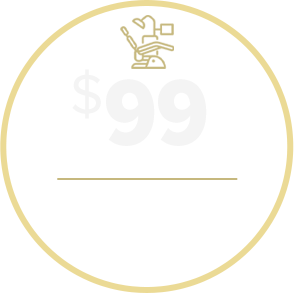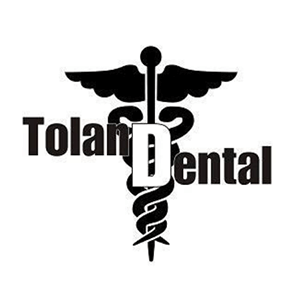
What Causes Dry Mouth?
April 30, 2024 9:00 amDry mouth, medically known as xerostomia, is more than just an uncomfortable annoyance; it can have a significant impact on your oral health. At Toland Dental in Wynne, AR, Dr. Richard Toland is committed to helping patients understand the causes of dry mouth and the best strategies for managing this condition.
Understanding Dry Mouth
Dry mouth occurs when the salivary glands in your mouth don’t produce enough saliva to keep your mouth wet. Saliva is crucial not only for digestion but also for maintaining oral health. It helps to wash away food particles, neutralize acids produced by bacteria in the mouth, and provides disease-fighting substances throughout the mouth to prevent decay and other oral diseases.
Common Causes of Dry Mouth
Several factors can contribute to dry mouth, including:
Medications: Many prescription and over-the-counter drugs, including those for depression, anxiety, pain, allergies, and colds, list dry mouth as a potential side effect.
Age: Older adults are more likely to experience dry mouth, though not necessarily because of age itself. Contributing factors include a higher likelihood of taking medications that cause dry mouth and other health issues.
Medical conditions: Certain diseases and infections, such as Sjögren’s syndrome, HIV/AIDS, diabetes, and Parkinson’s disease, can affect the salivary glands.
Cancer treatment: Chemotherapy drugs can change the nature of saliva and the amount produced. Radiation treatments to the head and neck can also damage salivary glands.
Nerve damage: An injury to the head or neck can result in nerve damage that affects salivary glands.
Lifestyle factors: Smoking or chewing tobacco can affect saliva production and contribute to dry mouth. Dehydration also plays a role in reducing saliva flow.
Managing Dry Mouth
Managing dry mouth involves addressing the underlying cause when possible. Dr. Toland may recommend:
Staying hydrated: Increase your fluid intake.
Using saliva substitutes: Over-the-counter saliva substitutes, like Biotene, can help keep your mouth moist. In more extreme cases, medications that increase salivary flow may be needed.
Good oral hygiene practices: Brush with fluoride toothpaste, use fluoride rinses, and visit your dentist regularly.
Humidifying your living space: Adding moisture to the air can help relieve discomfort.
Get Help for Dry Mouth at Toland Dental in Wynne, AR
If you’re struggling with dry mouth, it’s important to discuss it with Dr. Toland. Not only can dry mouth be uncomfortable, but it can also lead to more serious dental issues. At Toland Dental, we’re equipped to help you find relief from dry mouth symptoms and protect your oral health.
For advice, support, or to schedule a consultation, contact Toland Dental in Wynne, AR. Let us help you restore comfort and health to your mouth!
Categorised in: Oral Health

